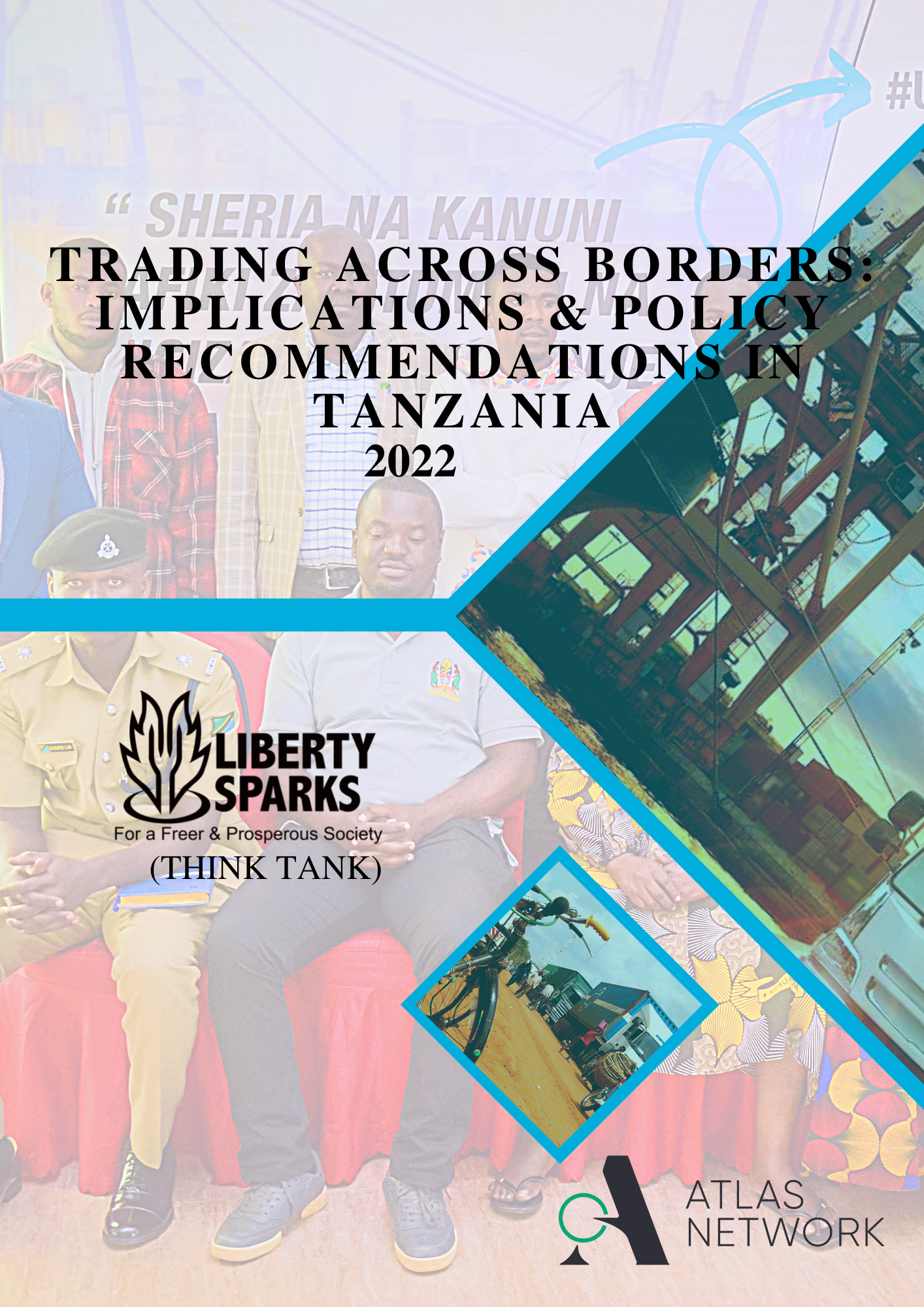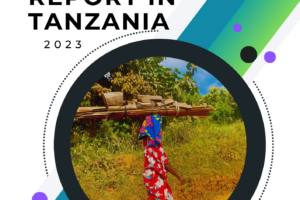
Trading Across Borders: Implications & Policy Recommendations in Tanzania 2022 report
Tanzania achieved a lower-middle-income economy status in July 2020, reflecting two decades of sustained macroeconomic growth. The country’s rich natural endowments and strategic geographic position fostered a diverse economy resilient to external shocks. Tanzania’s economy fared better than many regional peers during the COVID-19 pandemic but still suffered significant losses due to tourism and related services decline. Through the promotion of the internal investment climate, the government of Tanzania welcomes foreign direct investment. However, over the past several years, there has been a marked deterioration in the business environment and investment climate. Tanzania ranked 141 out of 190 countries on 2020 (WB, 2020), the lowest among its regional peers. According to the report, the biggest challenges lie in tax administration, opening and closing businesses, and trading across borders.
This research was conducted by Liberty Sparks through the associate researcher Dr. Sauti Magai and the Working Group that includes TPSF, CTI, TCCIA, TAFFA, TATOA, ZNCC, TLS, and TWCC. The project also involved training on the importance of Cross border trade for economic development and as a solution to poverty. The training covered Five borders in Tanzania, Including Namanga, Tunduma, Mtukula, Lusumo, and Kabanga. The project is supported by Atlas Network.
Read More about the report:



Statement: A Peaceful, Freer and Prosperous Africa can Defeat Coups- African Think Tanks